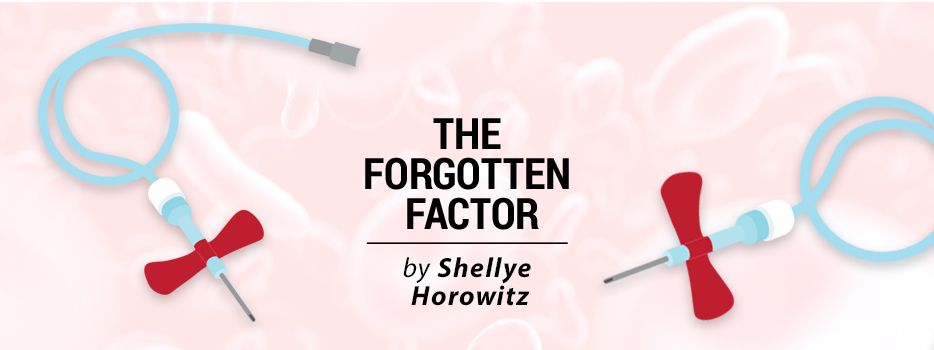Learning to Put ‘Me’ Before ‘We’

It isn’t that I can’t be alone. I am an introvert. As such, I can self-entertain for hours.
I like spending time with my own company. I find many ways to occupy my time. Hobbies abound — I write, knit, research genealogy, geocache, record podcasts, and walk my dog. Yet, I also like having someone around.
Sometimes just sharing space with a person you care about makes all the difference. It is comforting. Sharing your life with someone can be enriching and rewarding. It also can be a challenge, or even a nightmare, if you find someone who is not a good fit for you.
I am in a space where I am learning how to be me. This can be rough because I do like having people around. Yet, many times in my life I sacrificed myself so that I would not be alone or lonely, and each time it came with a price.
Standing strong
I am learning it is critical to put “me” before “we.” I know this may sound crazy, but I think it is even more important to learn to stand strong on your own if you have a bleeding disorder. The person who can advocate the best for you is you.
I have had friends and partners over the years who were supportive of my journey to figure out my bleeding, and others who were less so. In the time I focused on me, when I was not committed to a relationship, I was actually in a better space to self-advocate and obtain the care I needed.
I have had more than one partner in the past call me a hypochondriac when I thought I was bleeding and needed an infusion (turns out, I did). Being belittled meant not pursuing treatment. As much as I feared being alone at that moment in my life, focusing on me may have meant getting that particular bleeding incident under control. I needed to be believed and supported.
Factor independence
When I was originally taught to infuse factor, it was done in a way that required I have someone assist me. I could be taught that way because I was not living alone. But it made me less independent, which was unsafe for me.
When I explained the issue of my lack of factor independence, staff at my hemophilia treatment center taught me how to self-infuse independently. This was a truly freeing moment — knowing that I could administer my life-saving medications when on my own was incredibly empowering. I needed to be able to keep myself safe without having to rely on others.
I am not dissing relationships — they can be an absolutely beautiful thing. But I have concluded that before entering into a relationship, I must first learn who I am as a woman with a bleeding disorder. As I become strong and understand myself, I create a person who is a more desirable partner for others.
As I grow in treatment independence, I feel strong. It is so gratifying to know I am OK. Sometimes it is lonely being single. Yet, I celebrate the many growth opportunities the time has provided to me. It has strengthened me so that if and when I do find a special someone, I will have the confidence to be fully me — bleeding disorder and all.
The “we” of a relationship is so much stronger when the “me” is fully developed and whole. By bringing your whole, healthy self into a relationship, you are giving a gift to yourself and your future partner. Allow yourself to invest in a richer person by putting your “me” before “we.”
***
Note: Hemophilia News Today is strictly a news and information website about the disease. It does not provide medical advice, diagnosis, or treatment. This content is not intended to be a substitute for professional medical advice, diagnosis, or treatment. Always seek the advice of your physician or another qualified health provider with any questions you may have regarding a medical condition. Never disregard professional medical advice or delay in seeking it because of something you have read on this website. The opinions expressed in this column are not those of Hemophilia News Today or its parent company, Bionews, and are intended to spark discussion about issues pertaining to hemophilia.







Leave a comment
Fill in the required fields to post. Your email address will not be published.